So, I asked A.I. to write a blog post…
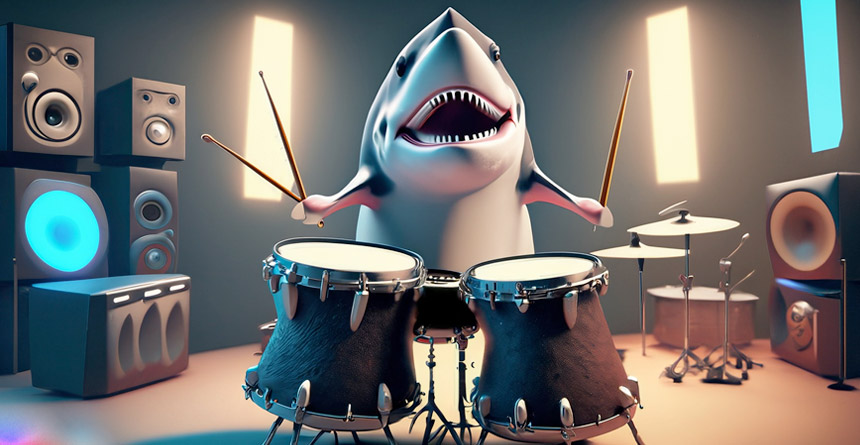
Introduction: Artificial Intelligence (A.I.) has revolutionized various aspects of our lives, and the realm of creative fields is no exception.
With advancements in machine learning and deep neural networks, A.I. is pushing boundaries, unlocking new possibilities, and transforming the way we create, express, and consume art. In this blog post, we will delve into the fascinating intersection of A.I. and creative fields, exploring the impact it has had and the potential it holds for the future.
- A.I. as a Collaborative Tool for Artists: A.I. technology offers artists a new palette of tools to collaborate with. From generating novel ideas to enhancing their artistic creations, A.I. systems can analyze vast amounts of data, identify patterns, and generate suggestions. Artists can use A.I.-powered tools to augment their creative process, gaining new perspectives and inspiration. For example, A.I. can assist in generating music compositions, creating visual art, or even aiding in scriptwriting by analyzing existing works and providing suggestions.
- A.I. in Visual Arts: A.I. algorithms are capable of analyzing and understanding visual content, leading to exciting applications in the field of visual arts. A.I.-powered image recognition can assist in categorizing and tagging digital images, making it easier to search and organize vast collections. Additionally, A.I. algorithms can generate art in various styles or even mimic the style of famous artists, giving rise to unique and visually stunning pieces.
- A.I. in Music and Film: The impact of A.I. in music and film production is undeniable. A.I. can compose original music based on existing compositions, creating harmonies and melodies that resonate with audiences. Moreover, A.I. can analyze large datasets of music and identify trends, helping music producers make informed decisions about their creative direction. In the world of film, A.I. can assist with tasks such as video editing, special effects, and even generating realistic virtual actors, opening up new possibilities for storytelling and immersive experiences.
- A.I. and Writing: The field of writing has also seen significant advancements with the integration of A.I. systems. Language models, like the one used to write this blog post, can generate coherent and contextually relevant text, providing writers with a source of inspiration or even acting as virtual co-writers. A.I. algorithms can analyze large volumes of text and help authors refine their work by suggesting improvements in grammar, style, and overall readability.
- Ethical Considerations and Challenges: While A.I. brings immense potential to creative fields, it is crucial to address the ethical implications and challenges it poses. Questions about authorship, copyright, and the role of human creativity in an A.I.-driven world need to be examined. Striking the right balance between human ingenuity and machine assistance is key to ensuring that A.I. remains a tool rather than a replacement for human creativity.
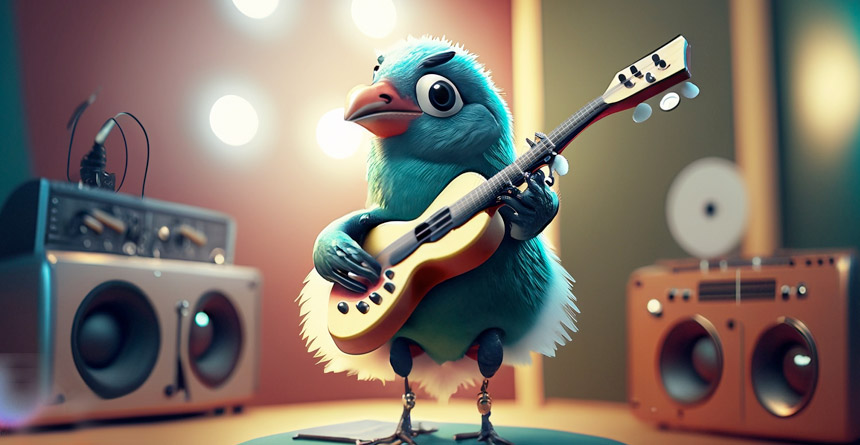
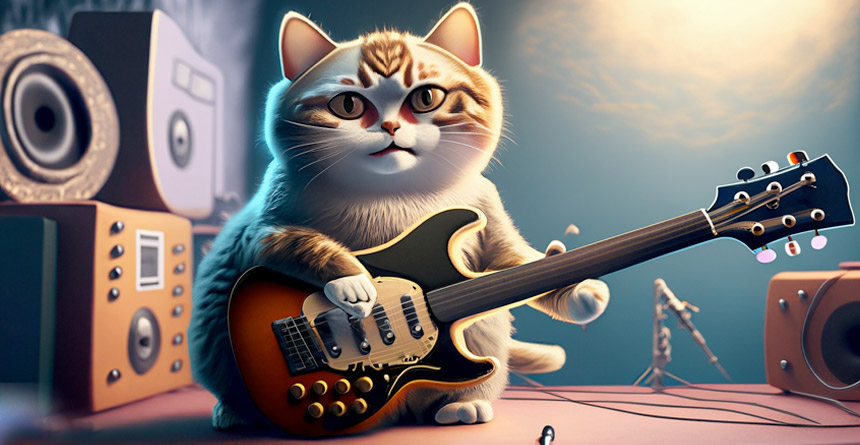
Conclusion: Artificial Intelligence is redefining what is possible in creative fields. By augmenting the creative process, A.I. is empowering artists and creators to explore new horizons and unlock their imagination. However, it is essential to remember that A.I. is merely a tool, and the magic of human creativity lies in the realm of the unique and unquantifiable. As we move forward, a harmonious collaboration between human and machine creativity will pave the way for groundbreaking innovations and further enrich the world of art and creative expression.
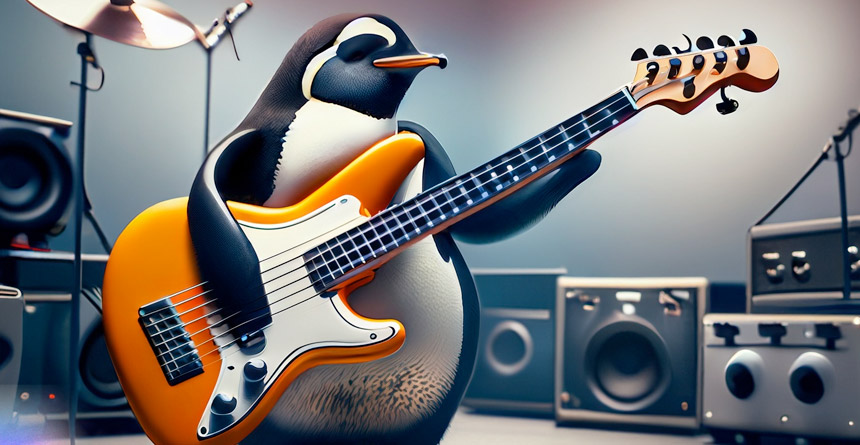
Contact me for natural solutions to improve your business. www.nelsonromero.com
